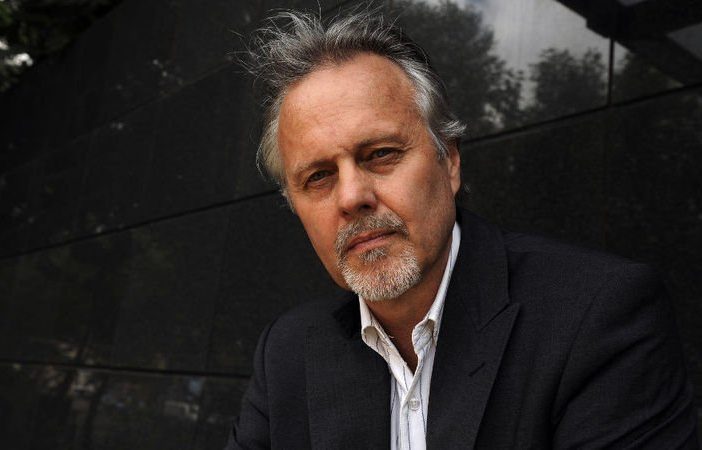- South African Prof Anton Eberhard has been appointed to the Global Commission to End Energy Poverty, which will be launched officially at the UN General Assembly in New York in September.
- The Commission aims to accelerate the United Nation’s goal of universal electricity access by 2030.
- The new Global Commission to End Energy Poverty will draw on the combined expertise of energy experts around the world to accelerate the United Nations goal of universal electricity access by 2030.
Professor Anton Eberhard from the University of Cape Town Graduate School of Business (UCT GSB) has been appointed to the Global Commission to End Energy Poverty – a new initiative which aims to accelerate access to electricity to millions of under-serviced homes and businesses quickly and cost-effectively.
The Commission, to be launched officially at the United Nations General Assembly in New York in September, will operate under the joint chairmanship of The Rockefeller Foundation President, Dr Rajiv J. Shah; former US Secretary of Energy, Ernest Moniz; and Africa Development Bank President, Dr Akinwumi Adisina.
Almost a billion people around the world lack access to electricity and hundreds of millions more struggle with erratic and limited service. Many countries, particularly in sub-Saharan Africa, have low levels of generation and limited network infrastructure that delivers insufficient, unreliable and unaffordable power to existing customers. However, according to the Commission, technology innovation in the energy sector is opening up new opportunities to reach previously under-served populations.
“The world of energy is changing faster than we can imagine,” says Professor Eberhard, who directs the Power Futures Lab at the UCT GSB. “For example, distributed energy resources have become financially viable offering new opportunities to get energy to those who need it most. Rapid proliferation of low-cost digital communications technologies, combined with steep drops in the cost of solar PV, batteries, and energy efficient appliances, is driving rapid innovation in off-grid electrification across sub-Saharan Africa and Asia,” he said.
“At the same time innovative decentralised electrification businesses have shown that customers deemed unviable by traditional utilities do in fact represent a highly addressable market and now large energy companies and infrastructure investors are seeking opportunities to expand into this global market.
“A coordinated approach to grid and off-grid planning and investment has the potential to unlock new public-private partnerships that can dramatically bend the curve on ending energy poverty.”
The Commission aims to accelerate the United Nation’s goal of universal electricity access by 2030, and its stated purpose is to forge an actionable consensus among leading investors, utilities and policy-makers that lays out a viable pathway for providing electricity to under-served homes and businesses more quickly and more cost-effectively than the current trajectory.
According to Professor Eberhard, the greatest potential for improvement in the energy system lies in targeting the distribution of energy – where the power system comes into contact with the end consumer.
“Currently, off-grid solutions in the form of small-scale stand-alone solar systems and larger community mini-grids have started to fill the void left by the incumbent distribution companies in many low access countries,” he explained.
“Commercial and residential stand-alone systems have proliferated largely without subsidies in rural and urban settings but are beyond the financial reach of many bottom of the pyramid consumers. The Commission aims to coordinate the commercial, technological and regulatory development of three delivery modes – grid, mini-grid, and stand-alone systems.”
Professor Eberhard brings considerable expertise to bear as he has worked in the energy sector across Sub-Saharan Africa, and other developing regions, for more than 35 years. His research and teaching at the UCT GSB focus on governance and regulatory incentives to improve utility performance, the political economy of power sector reform, power investment challenges, and linkages to sustainable development sector companies.
He joins high-ranking representatives from the energy sectors of several African and Asian countries along with investors, multilateral development banks, academics and leaders of utilities and off-grid firms on the Commission, which is funded by The Rockefeller Foundation and will be supported by a team at the Massachusetts Institute of Technology including MIT Energy Initiative Deputy Director Robert Stoner—who will also serve as the secretary of the Commission—and MIT visiting Professor Ignacio Perez-Arriaga.
Author: GBA News Desk











